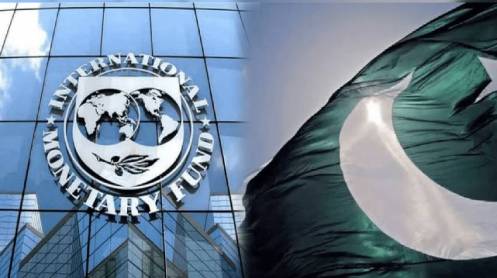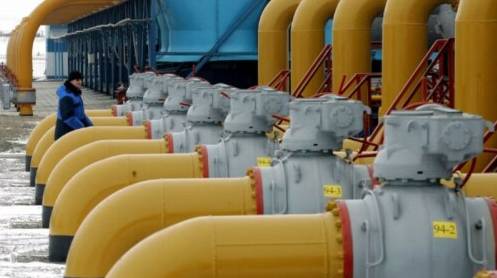Finance Minister Muhammad Aurangzeb has set ambitious targets, aiming to secure a staff-level agreement (SLA) with the International Monetary Fund (IMF) by the end of June. He expressed optimism during an appearance at the Pakistan Stock Exchange (PSX) gong ceremony, noting that while there have not been final discussions with the IMF yet, the global lender has shown receptiveness towards a “larger and longer programme.”
To further these negotiations, Aurangzeb announced plans to lead a delegation to Washington around mid-April, specifically on April 14 to 15. These talks are crucial as they would outline the details of the agreement, which he hopes will be finalized during the spring meetings.
Highlighting the importance of the previous SLA, Aurangzeb stressed that it ensured continuity in macroeconomic stability. He emphasized the need for an Extended Fund Facility (EFF) to implement structural reforms smoothly, avoiding prolonged debates that could hinder progress.
In addition to these economic negotiations, Aurangzeb reported significant headway in the government’s privatization efforts. He noted “very good progress” in the privatization of Pakistan International Airlines (PIA) and the outsourcing of airports, with a target completion date set for July. This aligns with the government’s stance that the private sector should lead in business activities, emphasizing the government’s role in creating an enabling environment rather than directly engaging in business operations.
During the event at the PSX, industry leaders offered both commendations and critiques. While celebrating recent achievements such as the PSX’s record-high performance and Pakistan’s retention in “secondary emerging markets” by FTSE Russell, they also presented challenges and requests to Aurangzeb.
Farrukh Khan, the PSX’s managing director, highlighted the need for fairer investment environments and consistent tax policies, urging the government to reconsider the removal of tax breaks for newly listed companies. In response, Aurangzeb acknowledged these challenges and hinted at addressing them in due course.
Beyond economic policies, Aurangzeb emphasized the importance of plugging leakages through improved execution, citing examples like the Federal Bureau of Revenue’s (FBR) Track and Trace system and the backlog of litigation in tribunals.
Regarding the broader economic outlook, Aurangzeb noted positive indicators, especially in the agricultural sector, with expectations of strong rice and wheat harvests. However, challenges remain, particularly in expanding the tax net to include untaxed sectors.
In line with his vision for economic development, Aurangzeb encouraged reduced reliance on bank financing and promoted the development of equity and debt markets. He also highlighted plans to monetize projects under the China-Pakistan Economic Corridor (CPEC) and attract Chinese businesses in export-oriented sectors to Pakistan.
When asked about the potential resumption of trade with India, Aurangzeb deferred to the prime minister, the cabinet, and parliament, indicating that no formal proposal had been tabled for consideration yet.
Story by Fatima S Attarwala





